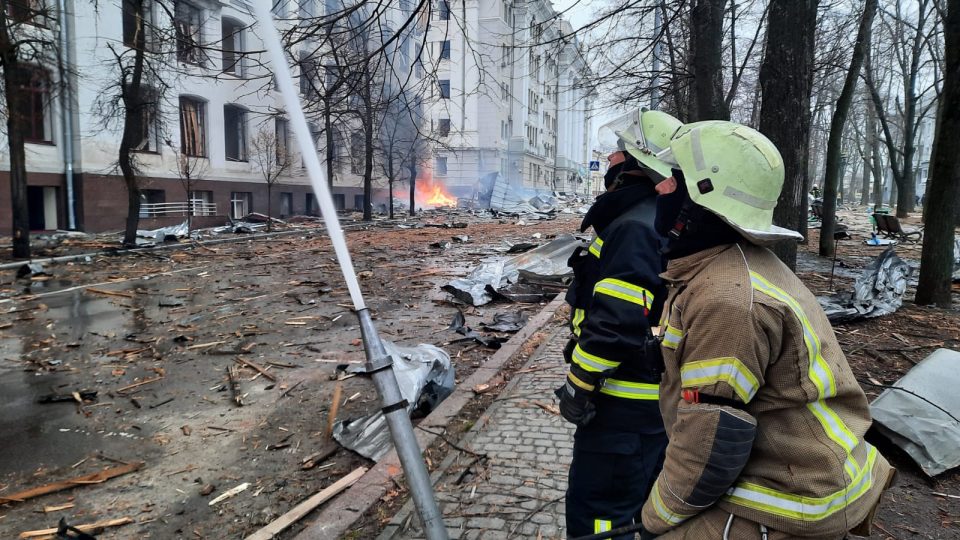
India abstains on UNGA resolution deploring 'Russian aggression in Ukraine'

India for the third time abstained from the resolution by the United Nations General Assembly that strongly deplored Russia’s aggression against Ukraine. India, on Wednesday, however, supported the international community’s call for an immediate ceasefire in war-torn Ukraine.
The 193-member General Assembly on Wednesday voted to “reaffirm its commitment to the sovereignty, independence, unity and territorial integrity of Ukraine within its internationally recognised borders and deplores in the strongest terms Russia’s aggression against Ukraine.”
The resolution was adopted with 141 votes in favour, five member states voting against and 35 abstentions. The General Assembly broke into an applause as the resolution was adopted. The resolution required a 2/3 majority to be adopted in the General Assembly.
It also condemned Russia’s decision to increase the readiness of its nuclear forces while deploring the involvement of Belarus in the “unlawful use of force against Ukraine.” It called calls upon Belarus to abide by its international obligations.
The resolution also urged for an immediate peaceful resolution of the conflict between Russia and Ukraine through political dialogue, negotiations, mediation and other peaceful means.
Delivering a statement after the vote, Indian Ambassador to the UN T S Tirumurti said that India has been deeply concerned over the rapidly deteriorating situation in Ukraine and the ensuing humanitarian crisis. “We remain firm in our conviction that differences can only be solved through dialogue and diplomacy,” he said, adding that India supported the international community’s call for immediate ceasefire.
Tirumurti told the General Assembly that an Indian national has been “tragically killed in Kharkiv due to the ongoing hostilities.” “We express our deepest condolences to his family and to that of each and every innocent civilian who has lost his or her life in this conflict. We demand safe and uninterrupted passage for all Indian nationals, including our students who are still stranded in Ukraine, particularly from Kharkiv and other cities in the conflict zones. Many member states share this concern,” he said.
Nearly 100 UN member states co-sponsored the resolution titled ‘Aggression against Ukraine’, including Afghanistan, Canada, France, Germany, Ireland, Kuwait, Singapore, Turkey, Ukraine, the United Kingdom and the United States.
The UNGA resolution was similar to the one circulated in the 15-nation Security Council last Friday, on which also India had abstained. The UNSC resolution, which received 11 votes in favour and three abstentions, was blocked after permanent member Russia exercised its veto. Following the failure of the Council to adopt the resolution, the Security Council voted on Sunday again to convene a rare “emergency special session” of the 193-member General Assembly on the crisis. India again abstained on this resolution, reiterating that there is no other choice but to return back to the path of diplomacy and dialogue.
The procedural resolution Sunday was adopted even though Moscow voted against it and the General Assembly then held a rare emergency special session on the Ukraine crisis Monday. President of the 76th session of the General Assembly Abdulla Shahid presided over the unprecedented session, only the 11th such emergency session of the General Assembly since 1950.
With the adoption of the UNSC resolution Sunday, it was for the first time in 40 years that the Council decided to call for an emergency special session in the General Assembly. The resolution demanded that Russia immediately cease its use of force against Ukraine and refrain from any further unlawful threat or use of force against any UN member state. The resolution, condemning the February 24 declaration by Russia of a special military operation in Ukraine, demanded that Moscow “immediately, completely, and unconditionally” withdraw all of its military forces from the territory of Ukraine within its internationally recognized borders.
(With inputs from agencies)

